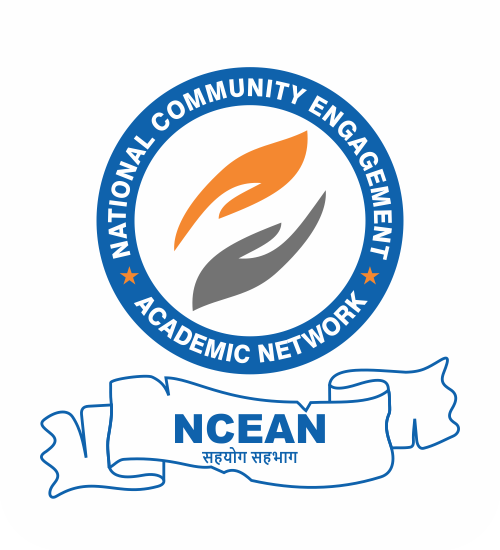Action Research in Community Engagement
Action research in community engagement involves a collaborative approach where researchers and community members work together to identify and address issues of concern within a community. It combines elements of research and practical action to create positive social change.
In action research, the process typically involves several key steps:
Identifying the Issue: Researchers and community members collaborate to identify pressing issues or challenges within the community.
- Planning: Together, they develop a plan of action to address the identified issues. This plan may involve research activities, community outreach, interventions, or policy advocacy.
- Data Collection: Researchers gather data through various methods such as surveys, interviews, focus groups, or observations to better understand the issue and its underlying causes.
- Analysis: The collected data is analyzed collaboratively to identify patterns, trends, and insights that can inform the development of interventions or solutions.
- Implementation: Based on the analysis, researchers and community members implement interventions or strategies aimed at addressing the identified issues.
- Reflection and Evaluation: Throughout the process, there is ongoing reflection and evaluation to assess the effectiveness of the interventions and make adjustments as needed.
- Knowledge Sharing: Findings and lessons learned from the action research process are shared with the broader community to inform future initiatives and promote learning.
Action research in community engagement empowers community members to actively participate in the research process, ensuring that interventions are contextually relevant and sustainable. It also fosters collaboration and mutual learning between researchers and community stakeholders, leading to more impactful outcomes.
